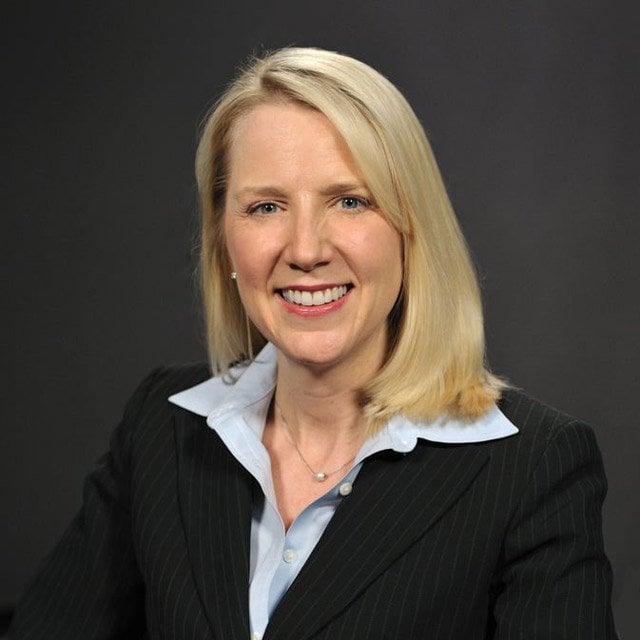How to Benchmark a Client Portfolio: Christine Benz

What You Need to Know
Custom benchmarks needs to match the investor’s portfolio, Benz says.
Advisors or clients can use common funds to build the personalized benchmark.
Benz also suggests checking whether the asset allocation suits the client’s life stage.
Benchmarking an individual investor’s portfolio generally involves more than relying on common yardsticks like the S&P 500 or the Bloomberg U.S. Aggregate Bond indexes, Christine Benz maintained in a recent post.
Those measures assume that an investor is fully invested in that asset class, either all stocks or all bonds, and few are, said Benz, Morningstar’s personal finance and retirement planning director.
“Comparing your performance with that of an S&P 500 index fund, or even a total stock market index fund, is a poor choice unless your portfolio is 100% U.S. stocks,” Benz wrote. ”Instead, it’s better to compare your results with a benchmark that roughly matches your own portfolio’s asset allocation.”
Advisors helping clients design a personalized benchmark might check out Benz’s tips for doing so. Even then, she cautions, a custom benchmark doesn’t tell clients whether their portfolio is reasonable for their life stage.
Investors in their 30s outpacing Bloomberg’s bond index, for example, still might be relying on a portfolio that’s too conservative for their age.
Create a custom benchmark of inexpensive index funds or exchange-traded funds that mirrors the client’s asset allocation.
Such a benchmark may provide insight into whether the investor should consider a simpler or less expensive portfolio.
Investors with their portfolio saved on Morningstar.com can use the firm’s X-Ray tab to find their portfolio’s current asset allocation and then use it set the weightings for the custom benchmark, Benz noted.
Based on those allocations, the custom benchmark might include the Vanguard Total Stock Market ETF (VTI), the Vanguard Total International Stock ETF (VXUS), the Vanguard Total Bond Market ETF (BND) and cash.






